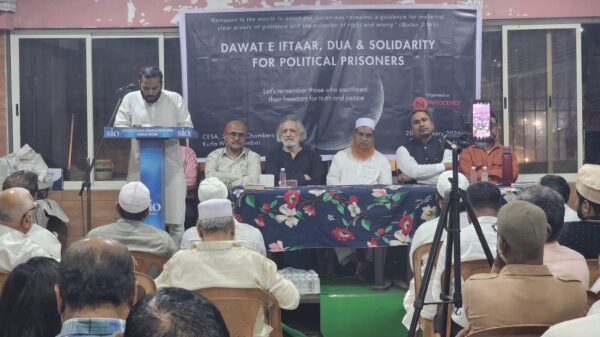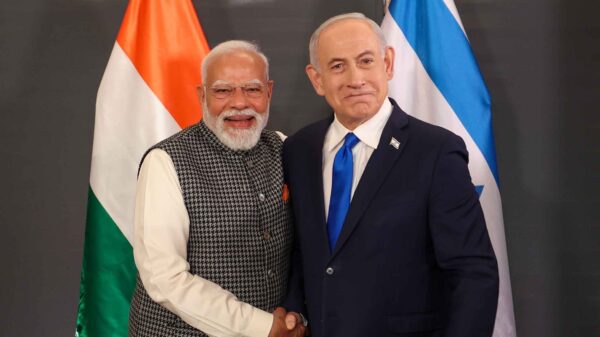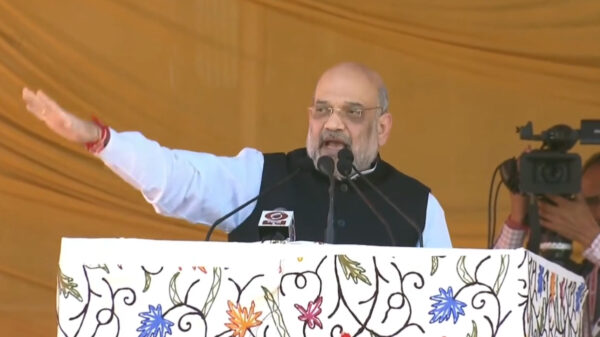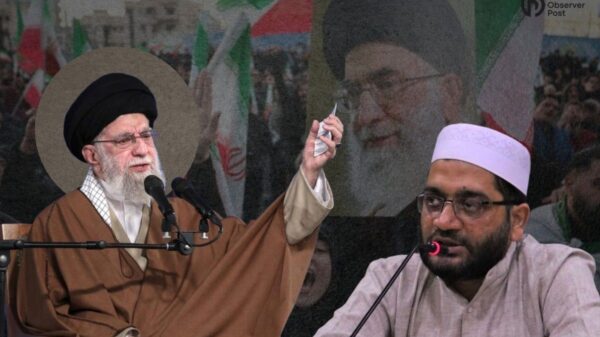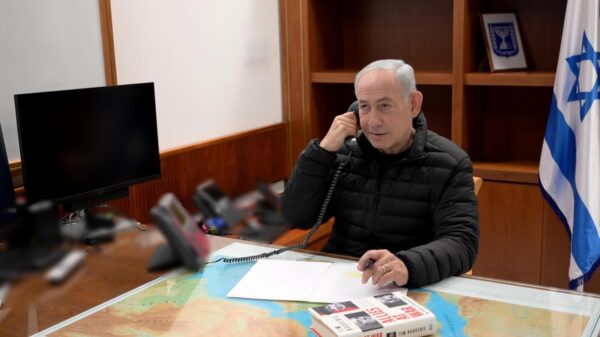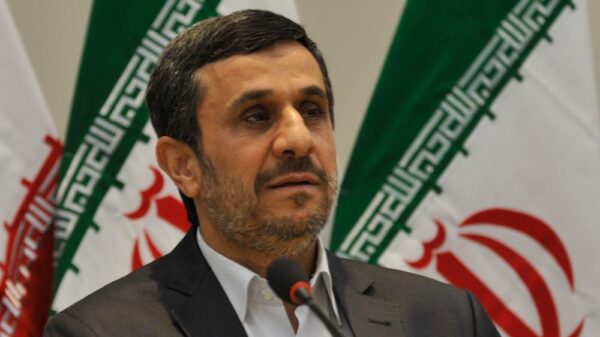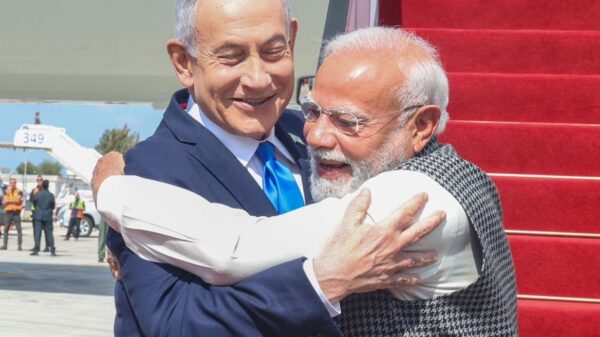The keffiyeh, a black-and-white cotton scarf worn by both men and women across the Arab world, holds significant symbolism for Palestinians as a symbol of protest, struggle, and resistance. However, on August 14 this year, the Noguchi Museum in New York banned the keffiyeh under a dress code that prohibits “political messages, slogans, or symbols.”
In an enforcement of this policy, the museum terminated three employees for wearing the keffiyeh since June. In protest, Pulitzer Prize-winning author Jhumpa Lahiri refused to accept the museum’s award.
The Noguchi Museum released a statement saying, “Jhumpa Lahiri has declined to accept the 2024 Isamu Noguchi Prize in protest of our dress code policy. We respect her decision and understand that this dress code may not align with everyone’s views.”
According to media reports, the New York City Council nominated Jhumpa Lahiri for the Noguchi Museum Award this year, and she was set to receive it next month. Lahiri, renowned for her novel The Namesake, won the Pulitzer Prize for her work Whereabouts.
This controversy follows a broader trend of incidents involving the keffiyeh. Last year, three students of Palestinian origin were shot dead in Vermont, two of whom were wearing the keffiyeh. In May, a Palestinian nurse was fired from a New York City hospital for wearing the headscarf.
A protest involving 60 people, including former employees, took place outside the museum on September 8. Despite this, no further protests have occurred, and the museum’s dress code remains unchanged.






